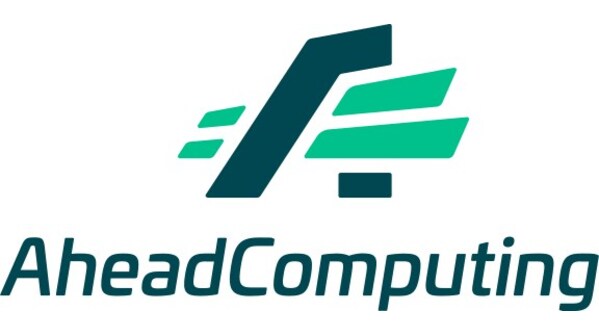
Portland-based startup AheadComputing has secured $21.5 million in seed funding to develop advanced CPU technology utilizing the open-source RISC-V architecture. Founded by former Intel executives, the company aims to address performance challenges in artificial intelligence applications, particularly those related to bandwidth and data processing limitations.
Leading the company is CEO Debbie Marr, who, along with other senior executives, departed Intel last year to establish AheadComputing. Marr emphasized the advantages of adopting RISC-V technology, noting that it circumvents the constraints of traditional x86 architectures used by industry giants like Intel and AMD, as well as the dependency on a single supplier, such as Arm Holdings, for foundational designs. “The RISC-V ecosystem is open; it’s not owned or controlled by one company,” Marr stated in an interview. “There are hundreds of players, providing ample room for innovation.”
The seed funding round was led by Eclipse Ventures, with participation from Maverick Capital, Fundomo, EPIQ Capital Group, and notable chip architect Jim Keller. Keller, known for his work with Apple and Tesla, currently leads his own RISC-V venture, Tenstorrent. Eclipse partner Greg Reichow highlighted the burgeoning demand for high-performance computing, projecting the market to reach approximately $100 billion by 2030. “There’s a significant market tailwind in this,” Reichow commented.
AheadComputing’s leadership team brings a wealth of experience from their tenure at Intel, where they were instrumental in developing key technologies that significantly enhanced CPU performance. Their departure from Intel and subsequent founding of AheadComputing underscore a strategic shift towards leveraging the flexibility and collaborative potential inherent in the RISC-V ecosystem.
The company’s focus on RISC-V aligns with a broader industry trend towards open-source architectures, which offer greater adaptability and innovation opportunities compared to proprietary systems. This approach is particularly pertinent in the AI sector, where rapid advancements necessitate scalable and efficient processing solutions.


